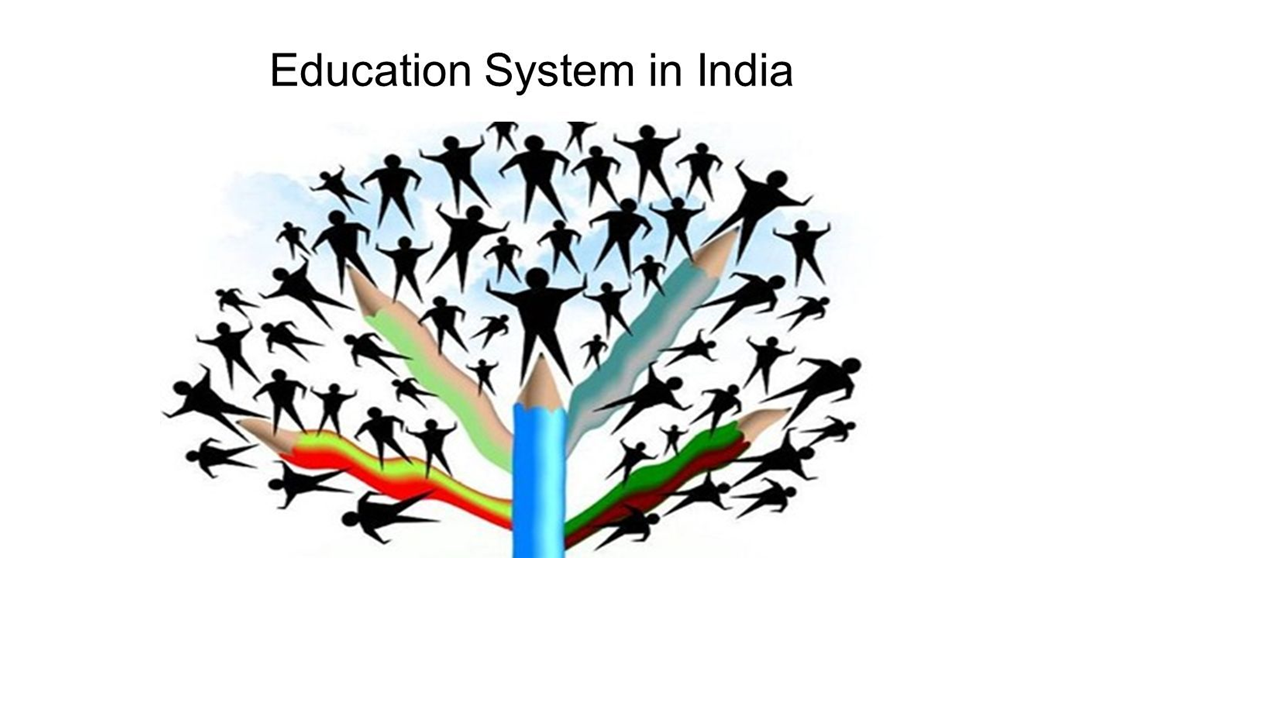How Indian Education is Different?
Oh, the Indian education system, where do I even begin? It’s a complex web of rote-learning, marking schemes, and a social stigma against anything other than being a doctor or engineer. But hey, we make do with what we have, and that’s where the importance of comparison comes in. Enter foreign universities, with their interactive learning approaches, practical-based teaching methods, and international exposure.
It’s like a breath of fresh air to anyone who has ever been a part of the Indian education system. But is it really that much better or just different? That’s what we’re here to find out. Let’s take a deep dive into the differences between the Indian education system and foreign universities and see how they stack up against each other. Are you ready to compare and contrast?
Teaching Methodology
Teaching methodology is a critical aspect of the education system as it determines the overall learning experience. Indian classrooms are often associated with rote learning, where students are expected to memorize and reproduce information without truly understanding its context. In contrast, foreign universities emphasize interactive learning approaches, incorporating practical exercises and group discussions to promote critical thinking.
Foreign universities also focus on a practical approach to learning, providing students with hands-on experiences that enable them to gain practical skills. In contrast, Indian universities tend to be more theory-based, emphasizing the theoretical concepts over practical applications. However, this trend is changing, with more Indian universities incorporating practical components into their courses.
Technology has revolutionized modern teaching methods, and foreign universities are known for incorporating technology into their teaching approaches. From online coursework to virtual reality simulations, technology allows foreign universities to offer innovative learning experiences that go beyond traditional classroom settings. On the other hand, while Indian universities are also accessing new technology, there is still a long way to go to catch up with the cutting-edge technology used by foreign universities.
Overall, teaching methodology is an essential component to consider when comparing Indian educational system to foreign universities. It plays a crucial role in determining how students experience and learn the curriculum. While Indian universities are catching up with foreign universities, there is still a lot of room for improvement.
Curriculum and Course Structure
The curriculum structure of Indian and foreign universities differs significantly. While Indian universities follow a rigid and fixed course structure, foreign universities offer more flexibility and allow students to choose courses based on their interests. The selection process is also different, with Indian universities giving more weightage to entrance exams, and foreign universities emphasizing the students’ overall profile, including extracurricular activities and community service. International exposure is an important aspect that foreign universities offer as they have students from diverse cultures and backgrounds.
In contrast, Indian universities mostly have students from the same region, leading to a lack of exposure to different cultures and ideas. However, one advantage of studying in Indian universities is indigenous exposure, which gives students an in-depth understanding of Indian culture and traditions. Overall, both Indian and foreign universities have their strengths and weaknesses when it comes to curriculum and course structure. Understanding the differences can help students make informed decisions and choose the university that best fits their interests and career aspirations.
Faculty and Research
When it comes to comparing the faculty and research opportunities in Indian universities with foreign universities, the differences are noticeable. The faculty in foreign universities comes from diverse cultural backgrounds and has a strong expertise in their subject matters. In contrast, the faculty in Indian universities has limited exposure and experience in terms of international education and research. The research opportunities in foreign universities are vast, and students can explore an array of subjects that align with their research interests.
In comparison, Indian universities have limited research opportunities, and students have to follow a more orthodox approach to research. Collaborative research opportunities are also significantly higher in foreign universities, where students can work with faculties from different disciplines and cultures. This collaboration leads to a dynamic approach to research, and students can widen their knowledge about different cultures, perspectives, and best practices.
In conclusion, while Indian universities have made remarkable progress in terms of education and research, there is still much work to be done to match the expertise and experience of foreign universities. It is essential to create more opportunities for faculty and students to gain international exposure and collaborate with scholars worldwide to widen their knowledge and expertise.
Campus Life and Student Experience
When it comes to campus life and student experience, foreign universities have a lot to offer in terms of student diversity and an inclusive environment. The campus life is bustling with students from different cultural backgrounds, which helps in widening one’s horizons. Moreover, foreign universities offer a wide range of support services for students like academic advisors, tutors, career services, and mental health support.
The infrastructure is top-notch with world-class facilities like research labs, modern classrooms, and recreational centres. In terms of scholarship opportunities, foreign universities have a plethora of options like merit-based scholarships, need-based scholarships, and athletic scholarships.
These scholarships not only help students in covering their tuition fees but also provide a chance to work on research projects and network with professionals. Indian universities, on the other hand, have a more indigenous exposure that might be a tad bit monotonous. However, this provides a chance for students to connect with the Indian culture and heritage. Overall, foreign universities offer a more comprehensive and holistic approach to campus life and student experience. But, Indian universities give importance to our roots and our cultural heritage.

Employability and Career Prospects
Let’s face it, graduating from a prestigious institute in India might get you decent job offers but when compared to foreign universities, it falls short in many aspects. The quality of education and exposure that you receive in foreign universities is unparalleled. These universities offer corporate internships and partnerships with big companies which is a win-win situation for both students and employers. While Indian universities mostly provide localized job opportunities, foreign universities offer global exposure.
Graduates from these universities are well-equipped to tackle the ever-changing work industry and can even land jobs abroad. Students who have studied in international universities also have a better understanding of different cultures which gives them a unique perspective while communicating with businesses from around the world. So, if you’re considering studying abroad to gain access to better career prospects, then go for it! It’s definitely worth it.
Conclusion
In summary, the comparison of Indian educational system and foreign universities reveal major differences in teaching methodology, curriculum structure, and research opportunities. While Indian universities offer localized exposure, foreign universities bring a global perspective and better employment prospects. It’s a personal choice that demands thorough research and analysis before deciding.















































